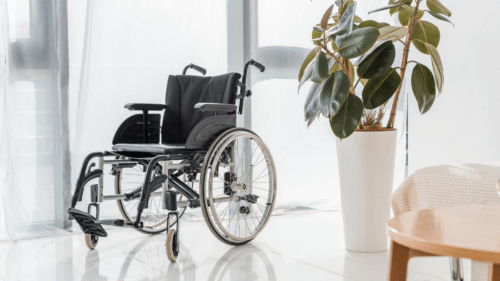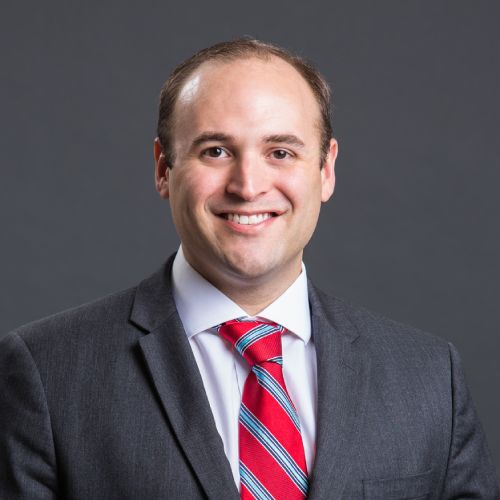
Nursing home neglect and abuse can happen at any facility, so family members must always be on guard for signs of mistreatment. More often than not, your family member is in good hands. But what should you do if you suspect abuse in a nursing home where your loved one stays? You have several options, including reporting your concerns to Florida state officials, but you can also contact a nursing home abuse lawyer for help. By taking legal action in suspected nursing home abuse cases, you can get your loved one out of harm’s way and hold the facility accountable for wrongful or negligent behavior. Today we will discuss what to do if you suspect nursing home abuse.
Steps to Take When You Suspect Nursing Home Abuse
Let’s go over some steps you can take if you suspect that your loved one might be the victim of abuse in their nursing home.
Document Signs of Nursing Home Abuse or Neglect
Respect and compassion are basic human qualities, and we certainly expect them to be present in the care our loved ones receive while living in a nursing home. To discover that they have been neglected or abused is heartbreaking. If you believe your loved one is suffering from neglect and abuse but aren’t certain, documenting possible signs will help clarify the situation and build a case against the home.
Here’s what’s important to know about neglect and abuse. Neglect and abuse are often used interchangeably but are actually separate issues.
Neglect
Neglect falls into three categories: physical, emotional, and medical. Physical neglect might include failing to provide residents with adequate nutrition, hydration, or hygiene. Such physical neglect can lead to bedsores and other injuries. Emotional neglect is when a resident is purposely isolated or ignored. Or caregivers might repeatedly ignore the concerns and complaints of residents, leading to emotional trauma. Medical neglect often involves medication issues or missing illnesses and injuries.
Abuse
On the other hand, nursing home abuse falls into four categories: physical, emotional, sexual, and financial. Physical abuse is the cause of bodily harm by the intentional use of force that may result in bruises, cuts, or broken bones. Emotional abuse is the intentional infliction of mental pain, fear, or distress and is harder to identify than physical or sexual abuse. A resident experiencing emotional abuse may exhibit behavioral changes such as social withdrawal, increased anxiety, and depression. Sexual abuse is forced or unwanted sexual contact, and financial abuse is any unauthorized or improper use of a resident’s financial resources.
Our older loved ones often cannot care for themselves and rely heavily on facility staff. They may be unable to defend themselves or report their abuse. Keeping a close eye on residents will help catch any signs of abuse before serious harm is done.
Communicate with Family and Facility Staff
If you suspect neglect or abuse at your loved one’s facility, talking to your family member is the best place to start. They may tell you about issues at the nursing home that affect them or situations they feel are concerning. Talking to the nursing home staff about potential problems is another option. A situation that seems like neglect or abuse at first glance may not be. There may be a reasonable explanation, and it’s best to get misunderstandings out of the way before escalating the situation.
Gather Evidence
No matter how sure you are that neglect or abuse is occurring, you must be able to prove it. Making a case against a nursing home is tough when it’s the resident’s word against the word of the nursing home staff. However, keeping records of potential evidence after noticing signs of neglect and abuse can help substantiate your claim later. If your relative has unexplained marks and bruises, take a photo. If the facility looks understaffed, note the time and date. Ask your loved one to explain any complaints or issues and write down their response. These records could determine the strength of your case.
Report Your Concerns to State Regulators
If a resident complains of neglect or abuse, it’s not enough to speak with the nursing home’s management. Under Florida law, you are required to report your observations to the state.
Florida offers several options to help residents comply with the state’s mandatory reporting law on elder abuse. For complaints against state-licensed nursing homes, contact the Florida Agency for Health Care Administration at 1-888-419-3456 or use the Licensed Health Care Facility Complaint Form. When contacting them, be prepared to share all details related to the resident. Additionally, you should report nursing home abuse or neglect to the Florida Department of Health and Adult Protective Services at 1-800-962-2873.
Connect With a Nursing Home Abuse Lawyer
If you believe your family member suffered nursing home neglect or abuse, they may be entitled to compensation for their physical and emotional damage. Attorney James Horne at James Horne Law, PA, is a Martindale-Hubbell AV-Preeminent rated attorney who can guide you through the reporting process and take your case to trial if needed. Contact him today to confidentially discuss your case.


